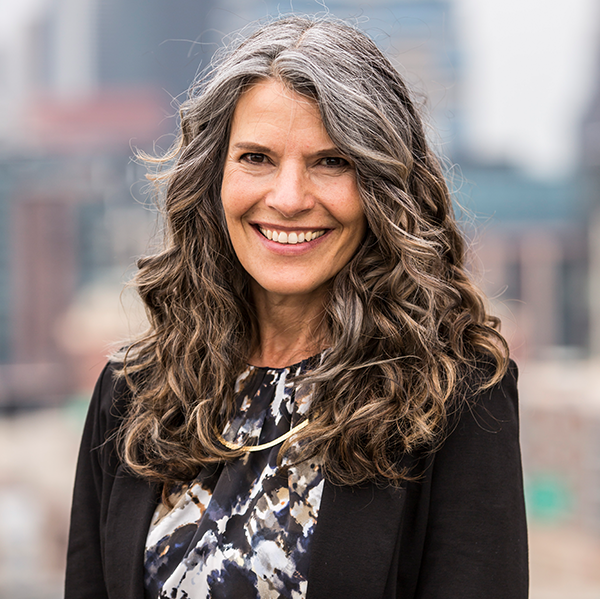
Running a Business – Remotely
About three years ago, I spent a year living and working remotely from Europe. My experience was unique and interesting enough that I was featured in a series called Digital Nomad Life in Croatia. Of course, many people had been working remotely for years, but it hadn’t really become mainstream. Then came the major disrupter of all life as we knew it – Covid-19. Almost immediately, everyone the world over got a taste of working remotely, or at least of realizing that the world of work could look very different from how we always thought it had to be.


